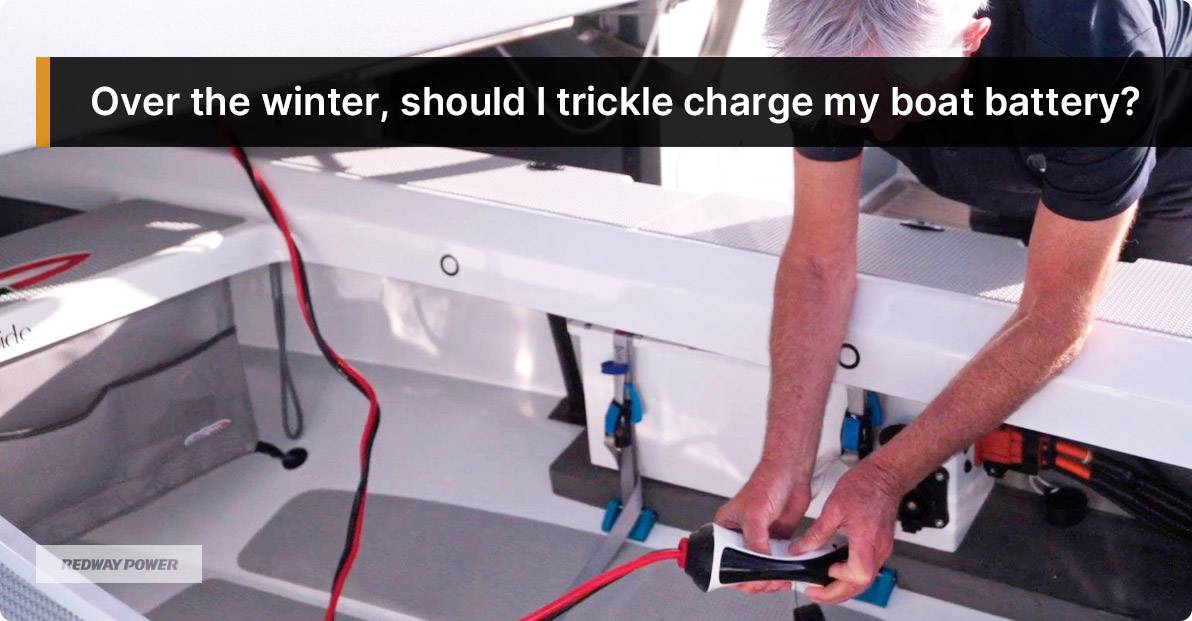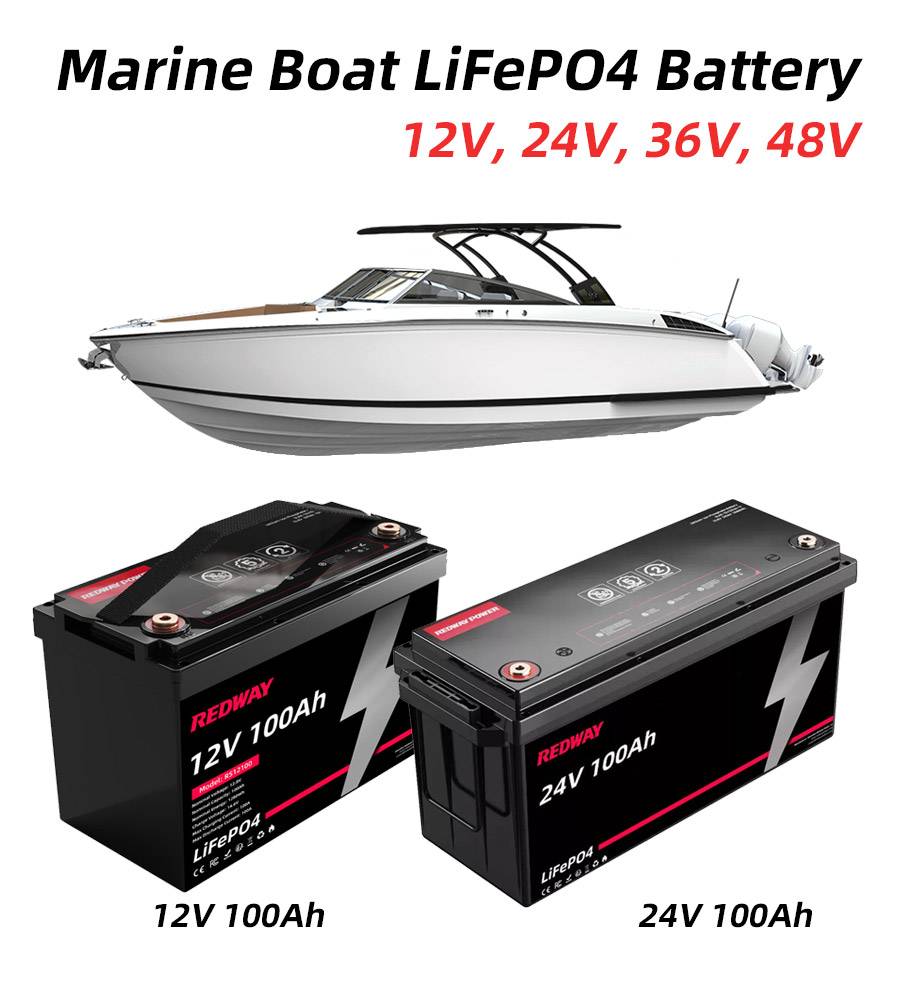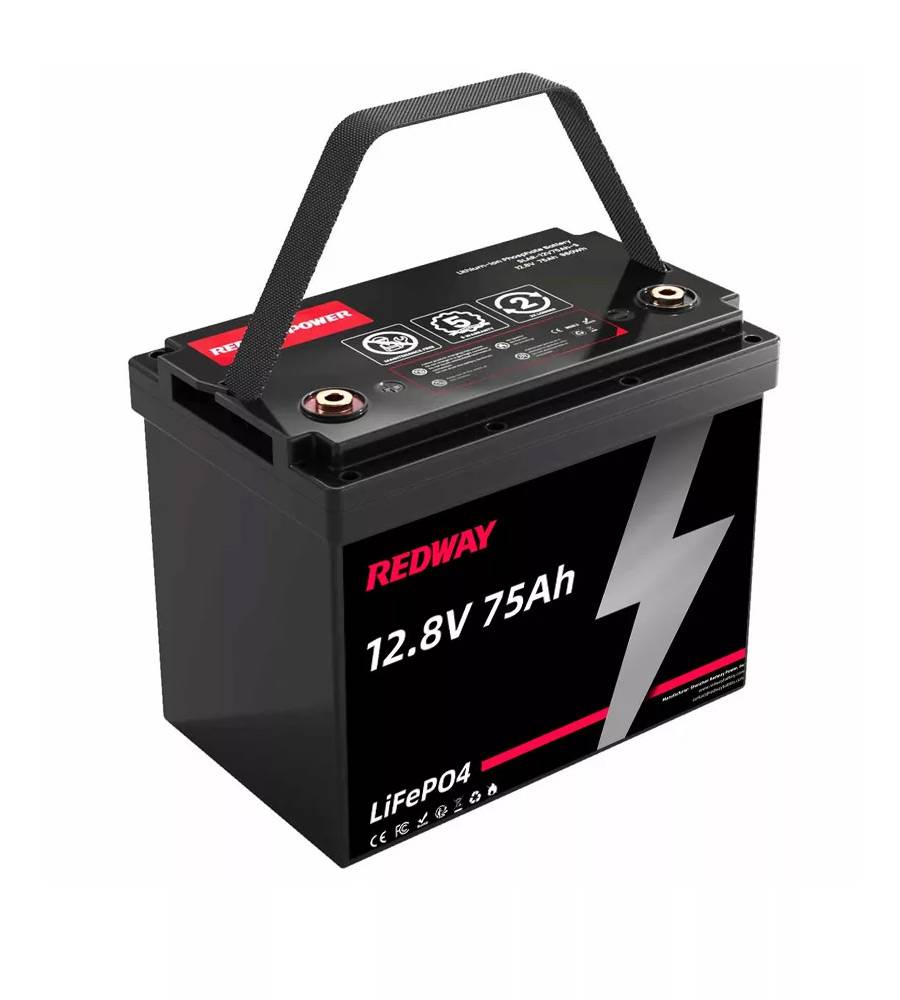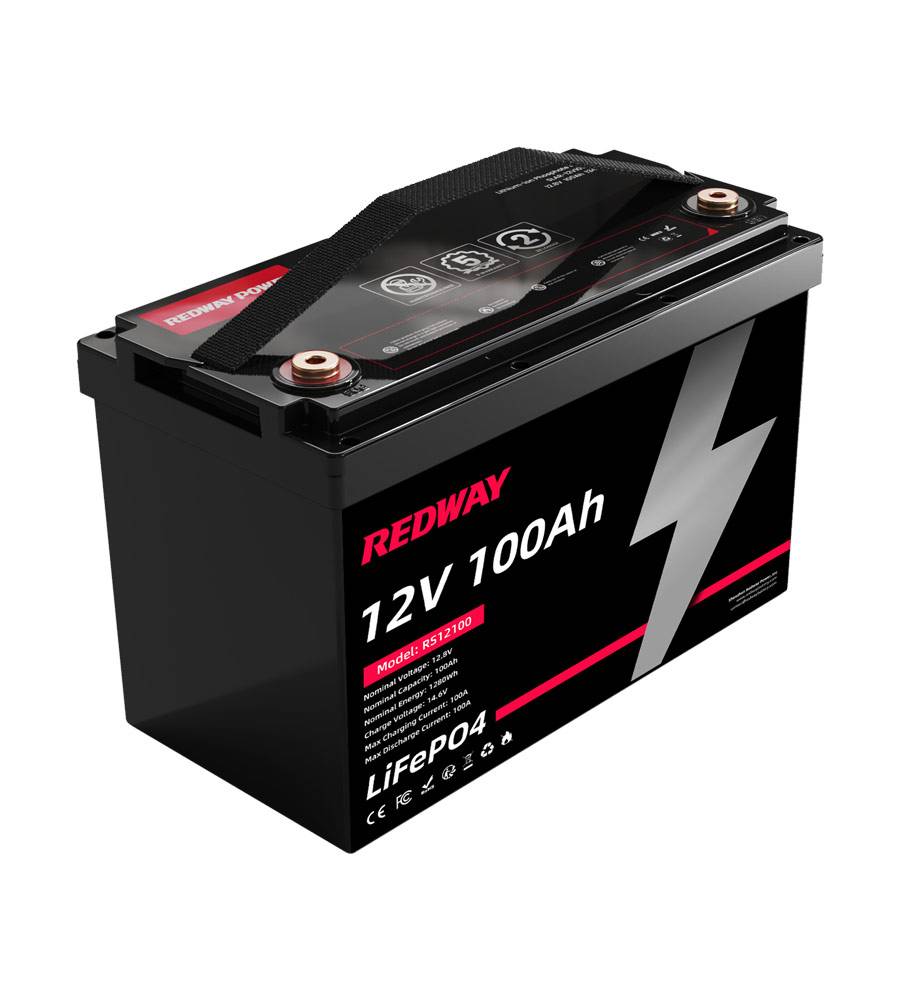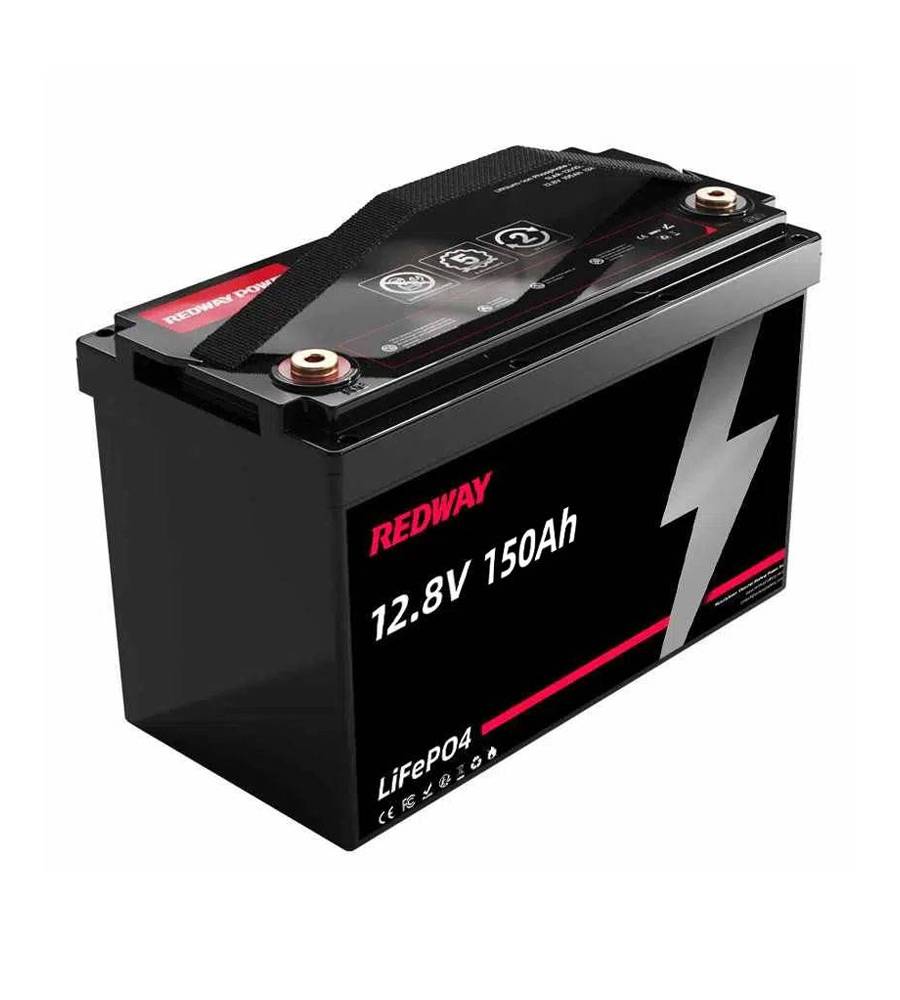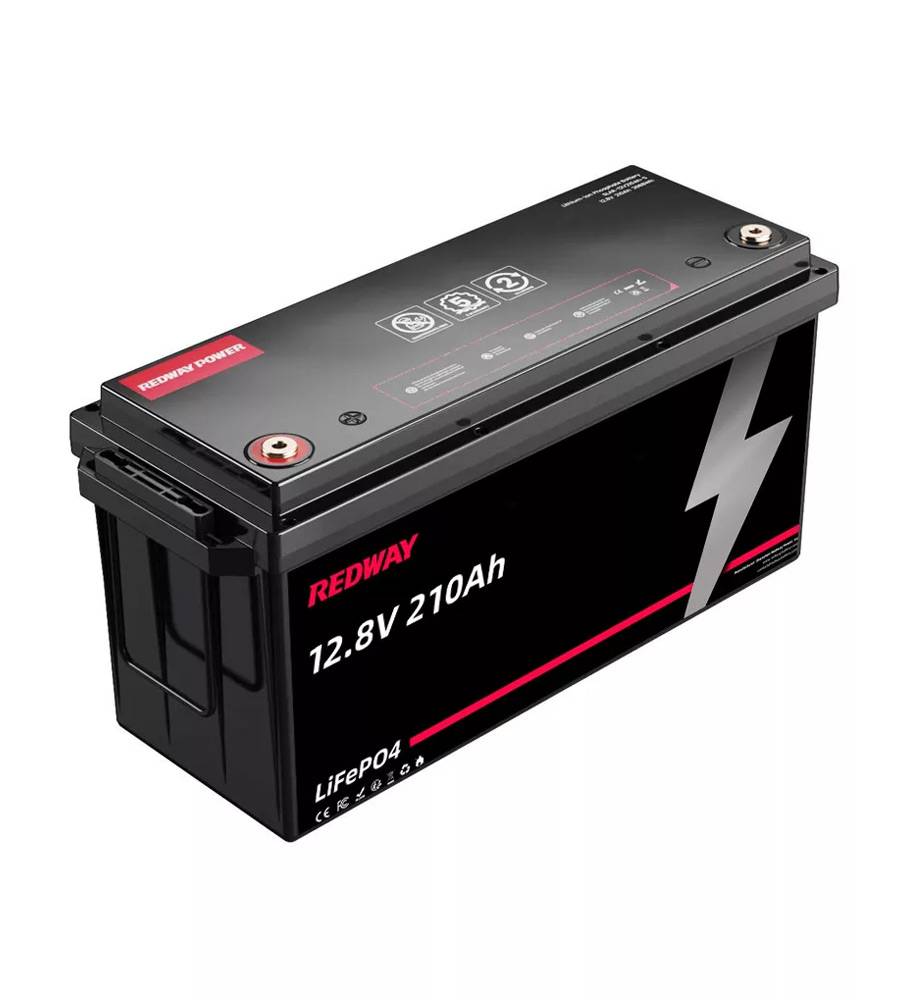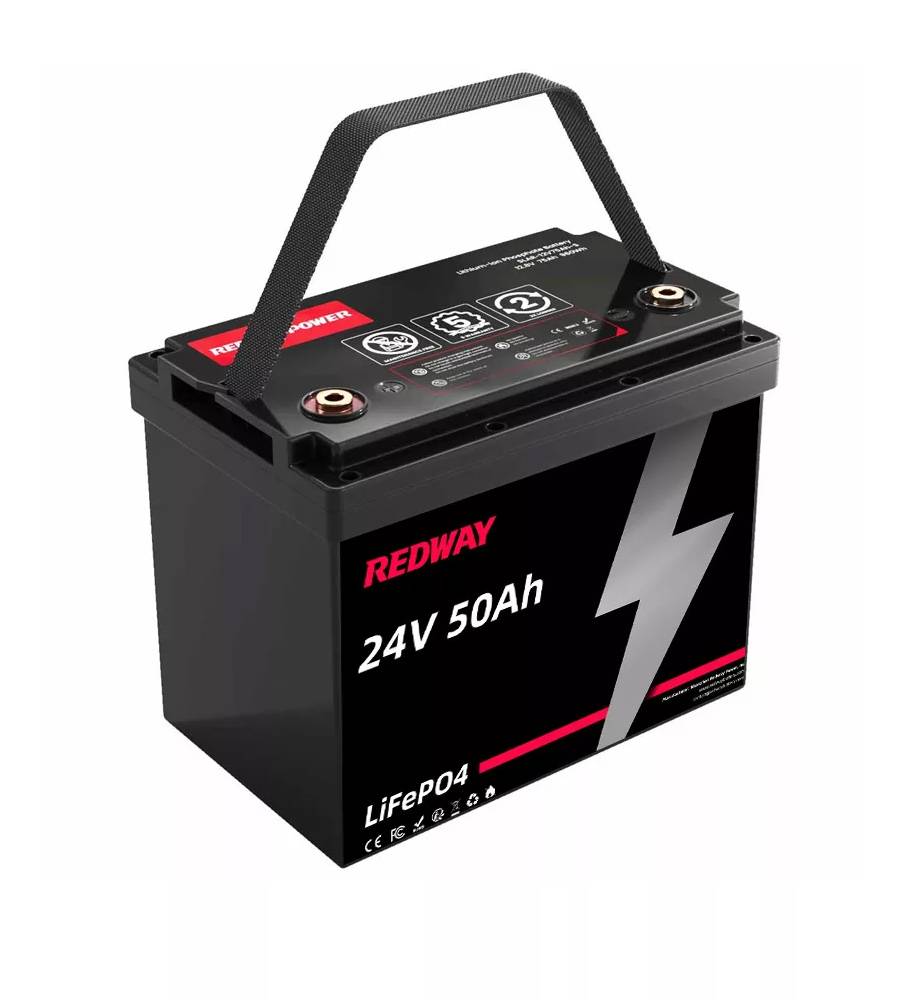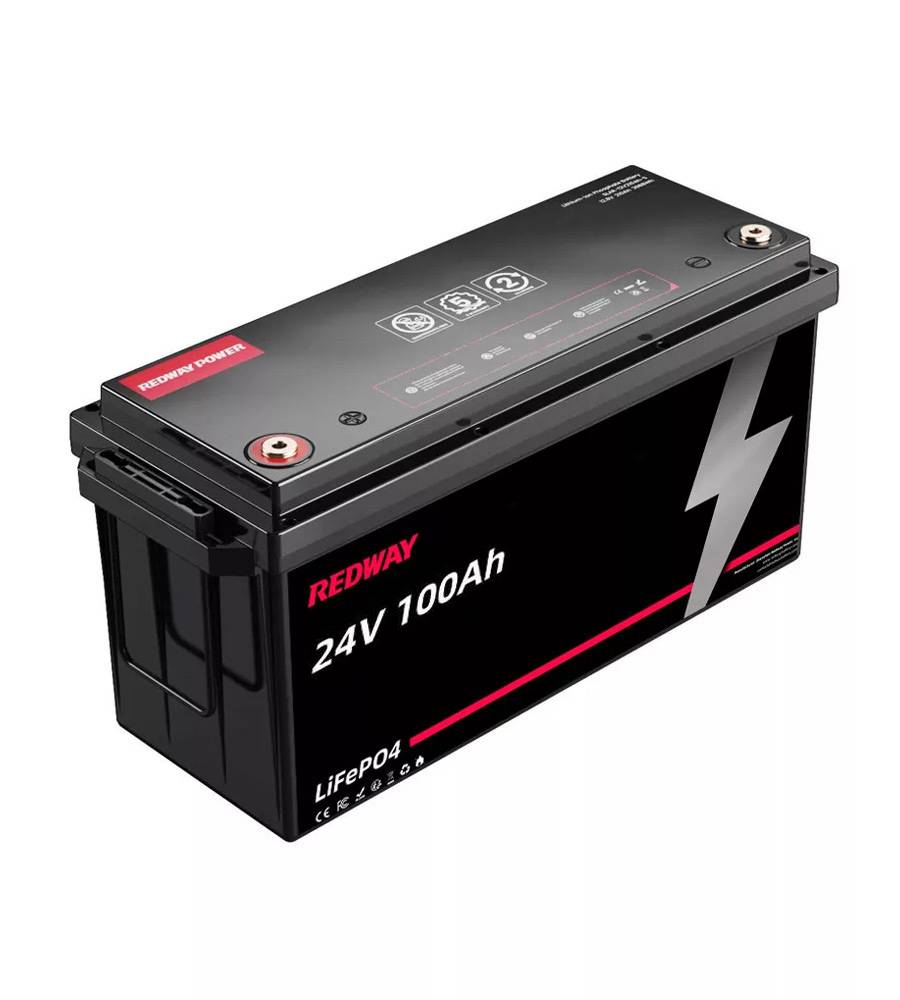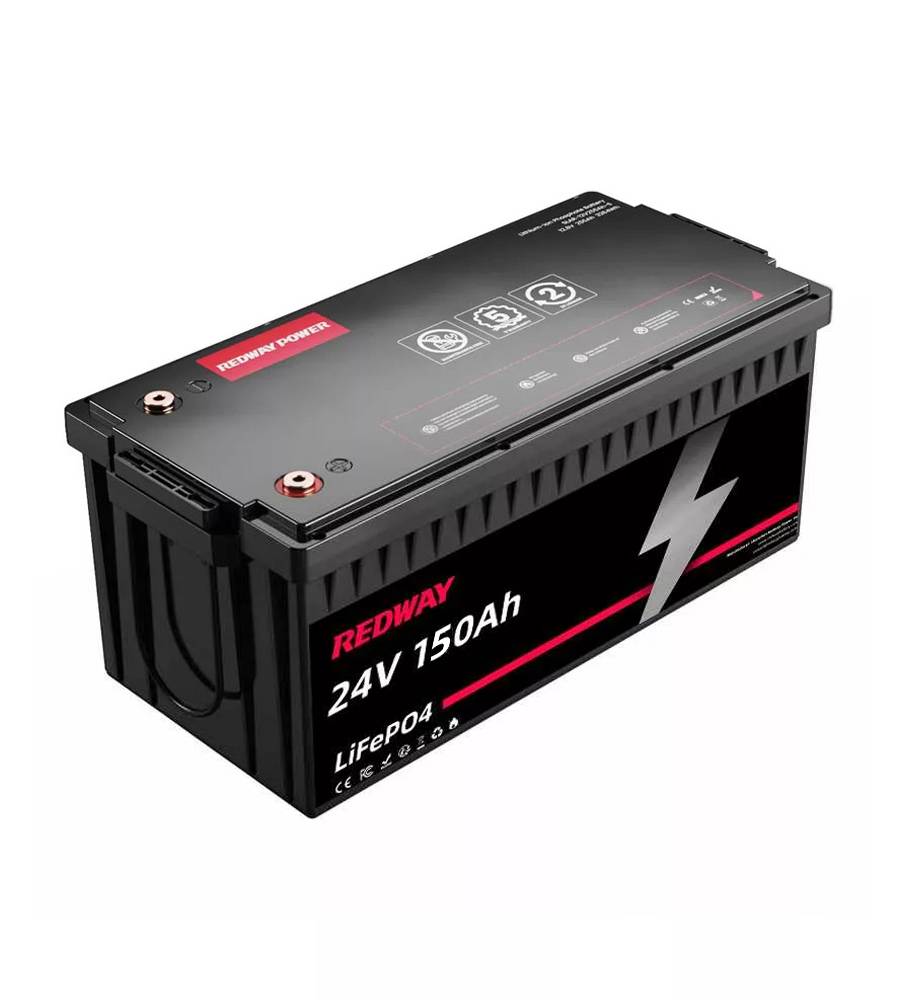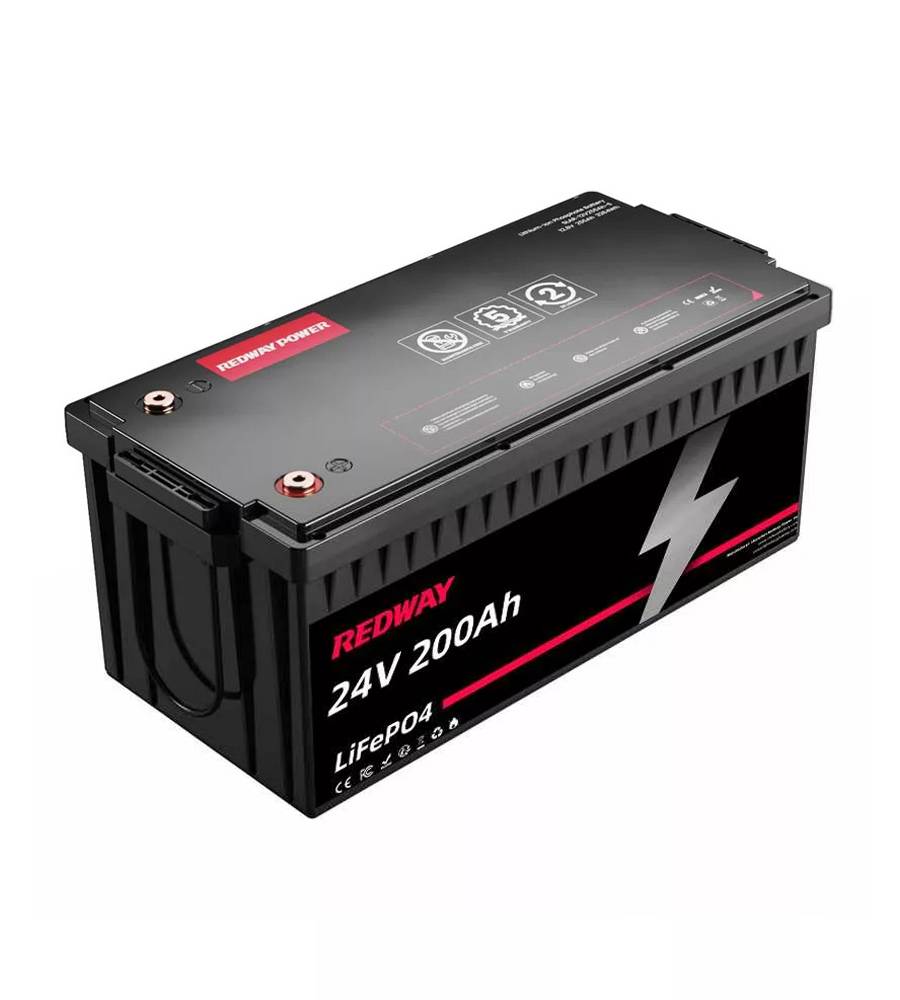LiFePO4 Marine Batteries Manufacturer
LiFePO4 Marine Batteries, One-Stop Solution
Redway Power specializes in LiFePO4 Marine Batteries, crafted for marine applications with precision. These rechargeable lithium iron phosphate batteries, designed by Redway, serve as a reliable power source for marine equipment such as trolling motors, navigation systems, and onboard electronics.
Known for high energy density, extended cycle life, and a lightweight design, Redway Power's LiFePO4 Marine Batteries stand out for their efficiency and safety compared to traditional batteries. Tailored for boaters and marine enthusiasts, these batteries exemplify Redway Power's commitment to providing advanced power solutions, ensuring improved performance, and prolonged energy storage on marine vessels, setting new standards in marine battery technology.
Choose Your LiFePO4 Marine Batteries Manufacturer
Custom LiFePO4 Marine Batteries
What is the wholesale price of lithium battery?
You can click contact us or phone call us. We will give you multiple options of price.
Is Redway Power a trading company or factory?
Redway Power is a company with its own factory, integrating research, development, production, and sales.
How about the quality of Redway's LiFePo4 Battery product?
Redway Power boasts over 12 years of experience in LiFePO4 battery production and is an authorized supplier for CATL and BYD.
Can you do an OEM/ODM project?
Yes, we have engineers available to assist in designing and developing any related products.
What’s your MOQ?
MOQ varies according to battery voltage and capacity.
What payment terms can we accept?
We accept TT/Paypal/West Union, etc.
Are LiFePO4 batteries safe on a boat?
Are LiFePO4 batteries safe for boats? Yes, LiFePO4 batteries are highly safe for marine use. Their stable chemistry minimizes the risk of overheating, reducing the chance of fires or explosions. Even if damaged, they emit smoke rather than exploding, making them a reliable and secure option for boating applications.
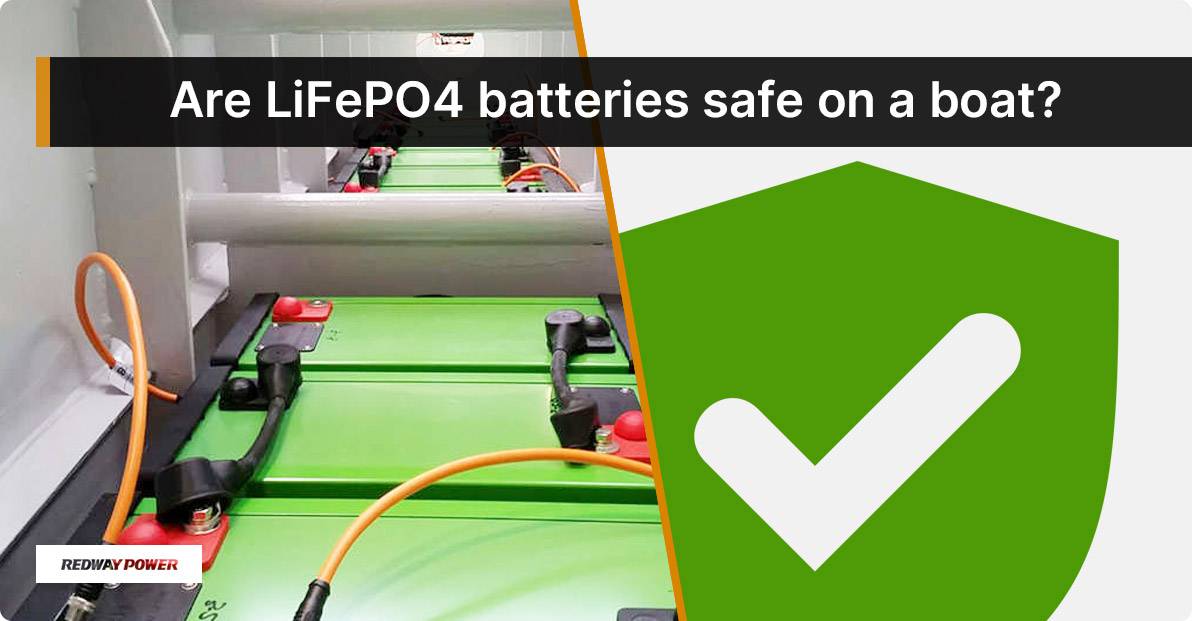
Let's explore why LiFePO4 batteries are a safe choice for boats:
Thermal Stability:
- LiFePO4 batteries are designed with a chemistry that's less prone to overheating compared to other lithium-ion batteries.
- This stability greatly reduces the risk of fires or explosions, ensuring safety onboard boats.
Robust Design:
- Even if damaged, LiFePO4 batteries are unlikely to explode. Instead, they release smoke, minimizing potential hazards.
- Their sturdy construction and chemical composition contribute to their safety, making them ideal for marine applications.
In essence, LiFePO4 batteries offer peace of mind for boaters, providing reliable power without compromising safety.
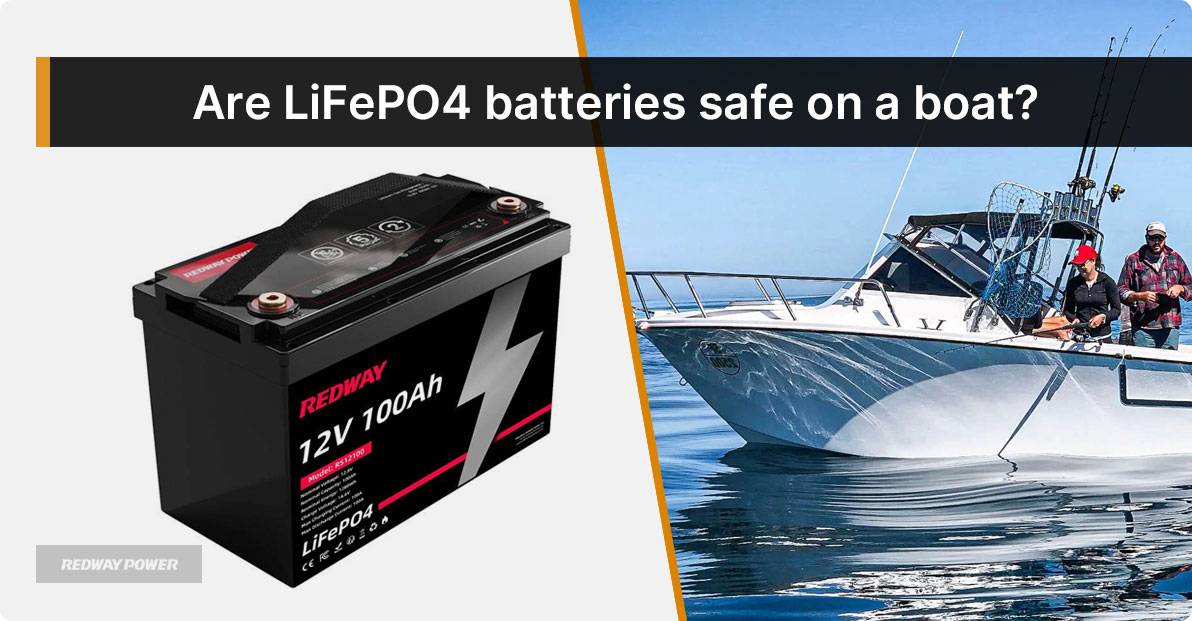
What are the problems with lithium batteries in boats?
Using lithium batteries in boats can pose challenges. Fires may occur if batteries are left charging onboard, while hot and salty environments can trigger thermal runaway. Additionally, cost, overcharging risks, and compatibility issues with existing systems are concerns. Proper safety measures and disposal are vital. Ensure expertise in installation and maintenance to optimize performance and safety.
Here's why it's important:
- Fire Risks: Leaving batteries charging on boats can lead to fires, especially in hot and salty conditions.
- Compatibility Issues: Boat systems might not work well with lithium batteries, causing problems.
- Safety First: It's crucial to follow safety measures and dispose of batteries properly to protect the environment and everyone on board.
Understanding these risks helps keep boats safe and enjoyable for everyone on board.
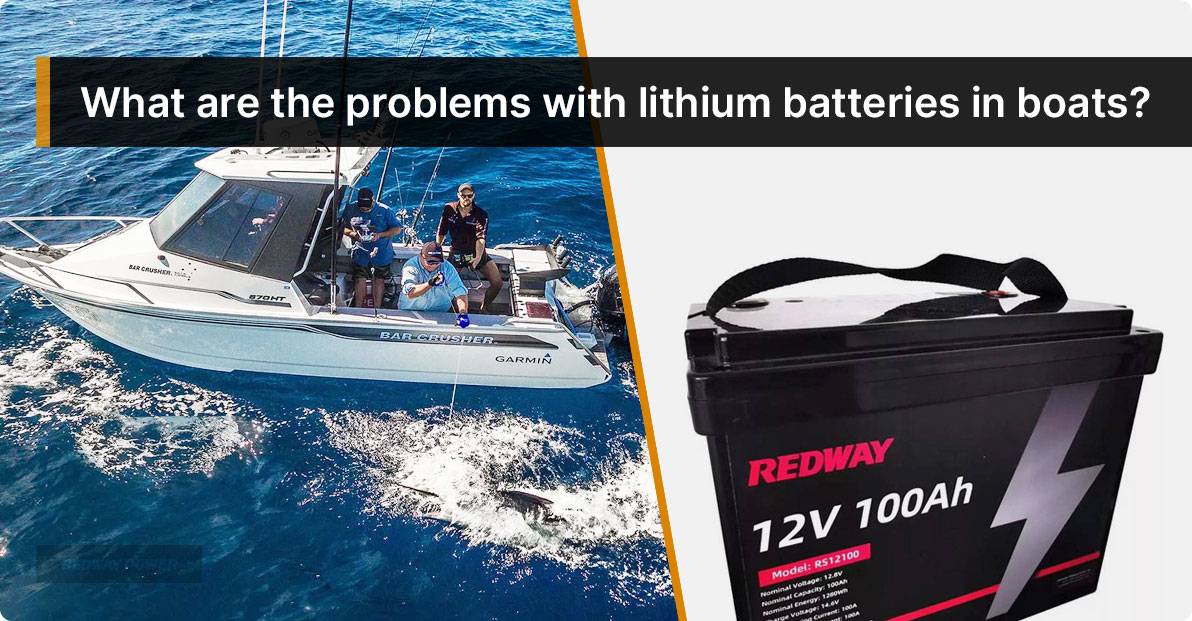
Can you tell me what are the safest batteries for boats?
Need safe boat batteries? Check out these options: Odyssey 31-PC2150S, durable with a 4-year warranty; Banshee LiFeP04, lightweight and long-lasting; Redway Battery, great for weight and performance. Choose based on your boat's needs for safety and reliability.
Let's break it down:
Odyssey 31-PC2150S: This heavy-duty battery is built tough, with a 4-year warranty to back it up. It's designed to withstand the harsh conditions of marine life, ensuring reliable power when you need it most.
Banshee LiFeP04: If you want a lightweight option that lasts long, this lithium-ion battery is the way to go. It's perfect for boats where weight is a concern, offering both durability and longevity.
Redway Battery: This battery is all about performance. It's super light and packs a punch, making it ideal for boats where every ounce counts. Plus, it's built to last, so you can rely on it for years to come.
Choosing the right battery is crucial for a safe and enjoyable boating experience. Consider your boat's needs and pick the one that fits best!
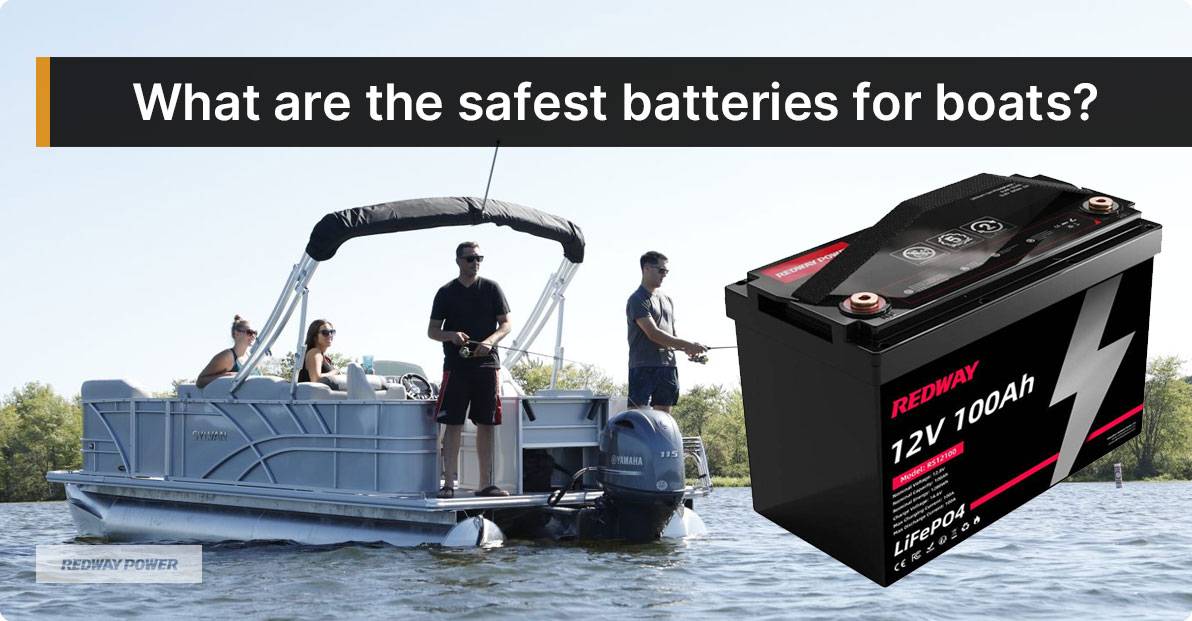
Does a boat motor charge a lithium battery?
Boat motors, like gasoline engines, charge lithium batteries through alternators. These devices generate electricity while the engine runs, charging the battery indirectly. However, regulated charging is crucial for lithium batteries. It's best to use onboard chargers designed for lithium batteries to ensure safety and longevity.
Here's the breakdown:
Alternator Power: Boat motors, like cars, have alternators that generate electricity while the engine is running. This electricity charges the battery indirectly, including lithium batteries if used.
Regulated Charging: Lithium batteries need careful regulation while charging to avoid damage. Boat motors equipped with smart charging systems ensure the process is safe and efficient.
Onboard Chargers: Using dedicated onboard lithium battery chargers is best practice for safe and optimal charging. These chargers are specifically designed to suit the needs of lithium batteries, ensuring longevity and safety.
Understanding these points helps ensure your boat's battery stays charged and safe during your adventures.
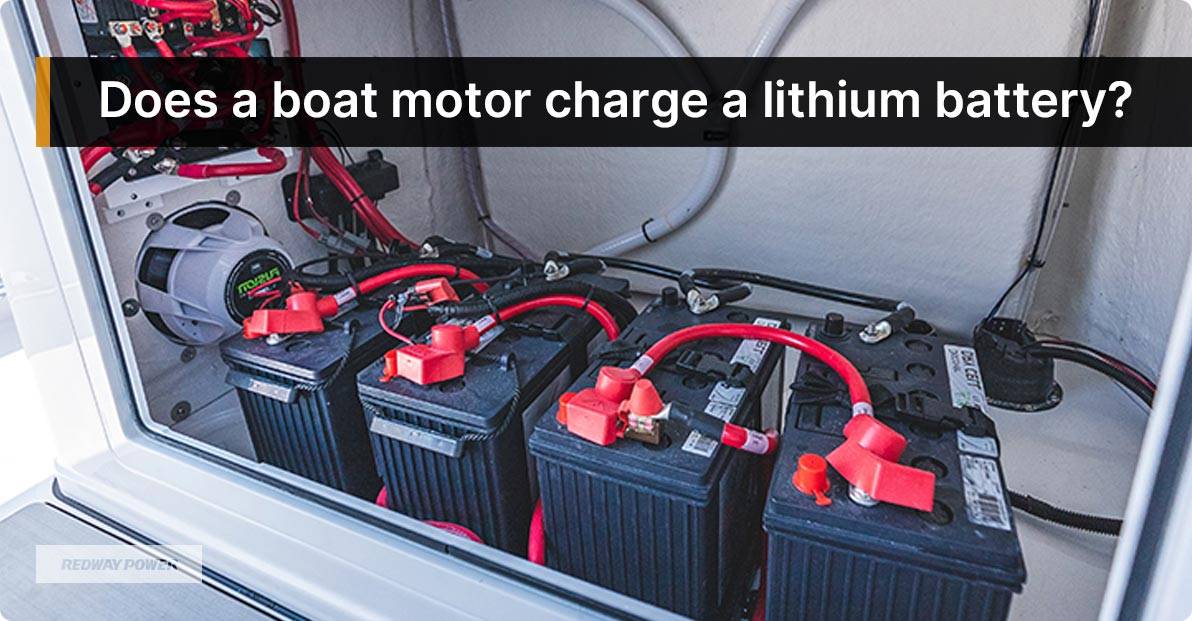
Over the winter, should I trickle charge my boat battery?
In winter, trickle charging your boat battery keeps it healthy and safe. It prevents sulfation, maintains readiness by countering natural charge loss, and protects against cold damage. This helps preserve the battery's integrity and ensures it's ready for use when needed. Use a smart charger and store the battery in a cool, dry place for best results.
Let's dive in:
Preventing Sulfation: When a battery sits unused for long periods, lead sulfate crystals can form, weakening the battery. Trickle charging stops this process, ensuring your battery stays strong and lasts longer.
Combating Self-Discharge: Over time, batteries lose their charge, even when not in use. Trickle charging helps counteract this by topping up the battery's charge, so it's ready when you need it.
Temperature Protection: Cold temperatures can harm a battery's performance. Trickle charging maintains the battery's temperature, protecting it from freezing and other cold-related issues.
Trickle charging your boat battery ensures it stays healthy and ready for action come boating season. It's a simple way to extend your battery's lifespan and keep your boat running smoothly.
